WTO Accession Speed Up: A Privilege-Based Analysis
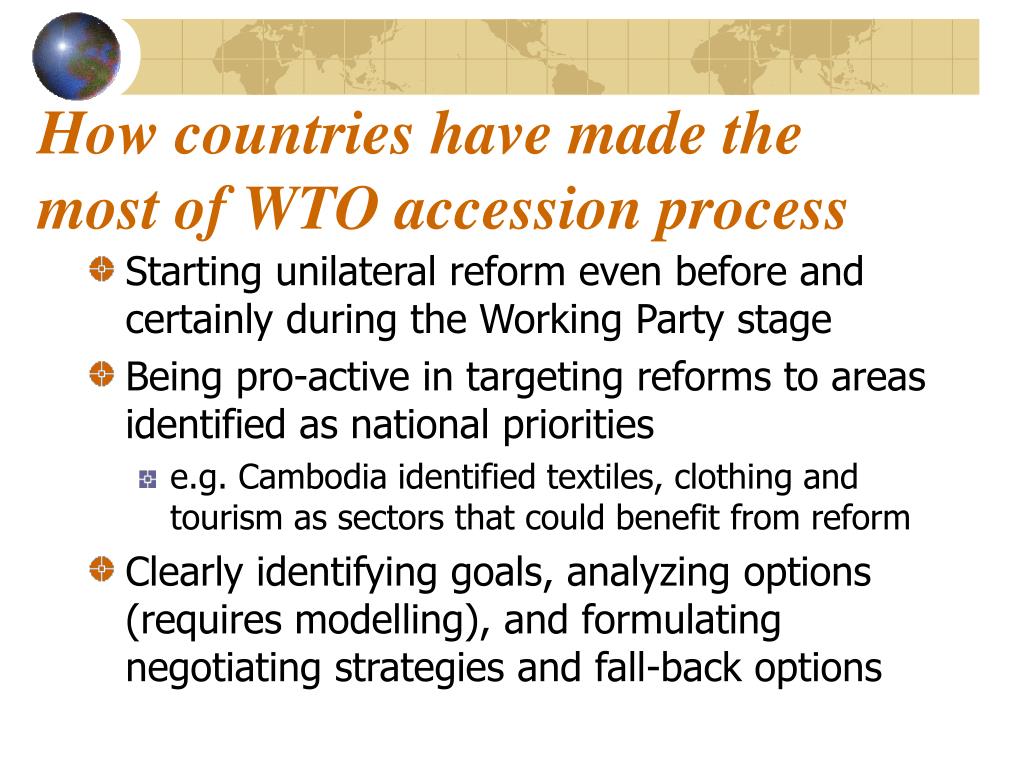
Table of Contents
The Role of Political Power in Expediting WTO Accession
The speed of WTO accession is significantly influenced by political power dynamics. Established members, wielding considerable influence, can significantly expedite or hinder the process for developing nations.
Influence of Powerful Member States
Powerful WTO members utilize their political leverage to shape accession negotiations.
- Lobbying efforts: Established nations often lobby on behalf of or against acceding countries, influencing the negotiation outcomes. This can range from direct diplomatic pressure to behind-the-scenes maneuvering within WTO committees.
- Case studies: The accession of some smaller economies has been significantly delayed due to opposition from larger trading partners concerned about market competition. Conversely, countries with strong political alliances often experience smoother and faster accession processes.
- Voting patterns: Analysis of voting patterns within the WTO reveals a tendency for powerful nations to collectively influence decisions affecting acceding countries, sometimes delaying or altering accession terms.
Negotiating Power Asymmetry
An inherent power imbalance exists between established and acceding nations during WTO accession negotiations.
- Unequal bargaining positions: Acceding countries often lack the negotiating expertise and resources of established members, leading to unequal bargaining positions.
- Challenges for less powerful nations: These nations often face pressure to accept unfavorable terms due to their limited leverage in negotiations. The complexity of WTO rules and procedures further disadvantages countries with limited technical expertise.
- Impact of technical expertise and resources: Access to skilled legal and trade negotiators is crucial for navigating the complex accession process. Lack of such resources significantly impedes the speed of accession for many developing nations.
Economic Resources and their Impact on WTO Accession Speed
Economic resources play a pivotal role in determining the speed of WTO accession. The availability of financial and human capital significantly impacts a nation's ability to navigate the complex process effectively.
Access to Expertise and Resources
Financial and human resources are critical for accelerating WTO accession.
- Cost of legal and technical assistance: Navigating the WTO's intricate rules and procedures requires significant financial investment in legal and technical assistance, a cost prohibitive for many developing countries.
- Impact of capacity-building initiatives: While international organizations offer capacity-building initiatives, their impact is often limited, failing to bridge the resource gap between developed and developing nations.
- Examples of faster accession due to greater resources: Countries with robust economies and readily available expertise tend to complete their accession process much faster than those with limited resources.
Trade Readiness and Infrastructure
Pre-existing trade infrastructure and regulatory frameworks significantly impact accession speed.
- Advantage of established trade systems: Countries with established trade systems, customs procedures, and regulatory frameworks have a considerable advantage in the accession process.
- Challenges of inadequate infrastructure: Nations lacking adequate infrastructure face significant hurdles, requiring substantial investments to meet WTO requirements before accession.
- Correlation between infrastructure and accession speed: A strong positive correlation exists between the level of a nation's trade infrastructure and the speed of its WTO accession.
Pre-existing Trade Relationships and their Influence on WTO Accession
Existing bilateral and regional trade agreements significantly influence WTO accession speed and ease.
The Impact of Bilateral Agreements
Bilateral trade agreements can influence the WTO accession process both positively and negatively.
- Influence of preferential trade agreements: Existing preferential trade agreements can either facilitate or complicate WTO negotiations, depending on their compatibility with WTO rules.
- Leveraging existing relationships: Nations with strong bilateral ties often leverage these relationships to expedite their WTO accession process.
- Uneven playing field: The use of existing agreements can create an uneven playing field, favoring nations with pre-established relationships.
Regional Economic Blocs and their Role
Membership in regional economic blocs significantly impacts WTO accession.
- Harmonized regulations: Membership in regional blocs often leads to harmonized regulations, simplifying the process of aligning with WTO requirements.
- Expedited accession: Countries within regional blocs sometimes experience expedited accession processes due to pre-existing regulatory alignment.
- Examples of regional integration: The European Union's accession process, for example, demonstrated the benefits of regional integration in streamlining the WTO accession for its member states.
Conclusion: Accelerating Fair WTO Accession for All
This analysis reveals a clear link between political power, economic resources, and existing trade relationships, and the speed of WTO accession. The process is not equitable, favoring nations with greater privilege, leading to potentially inequitable outcomes. Addressing the inherent biases requires a concerted effort to promote equitable access to resources and expertise, fostering a truly inclusive and efficient WTO accession speed up process for all. Further research is needed to identify specific policy interventions that can create a level playing field and ensure that all nations, regardless of their size or economic strength, have an equal opportunity to benefit from global trade through a faster and fairer WTO accession. Promoting a more efficient and equitable WTO accession process is crucial for inclusive global economic growth.

Featured Posts
-
 Chris Finchs Decisions The Key To The Timberwolves Future
May 07, 2025
Chris Finchs Decisions The Key To The Timberwolves Future
May 07, 2025 -
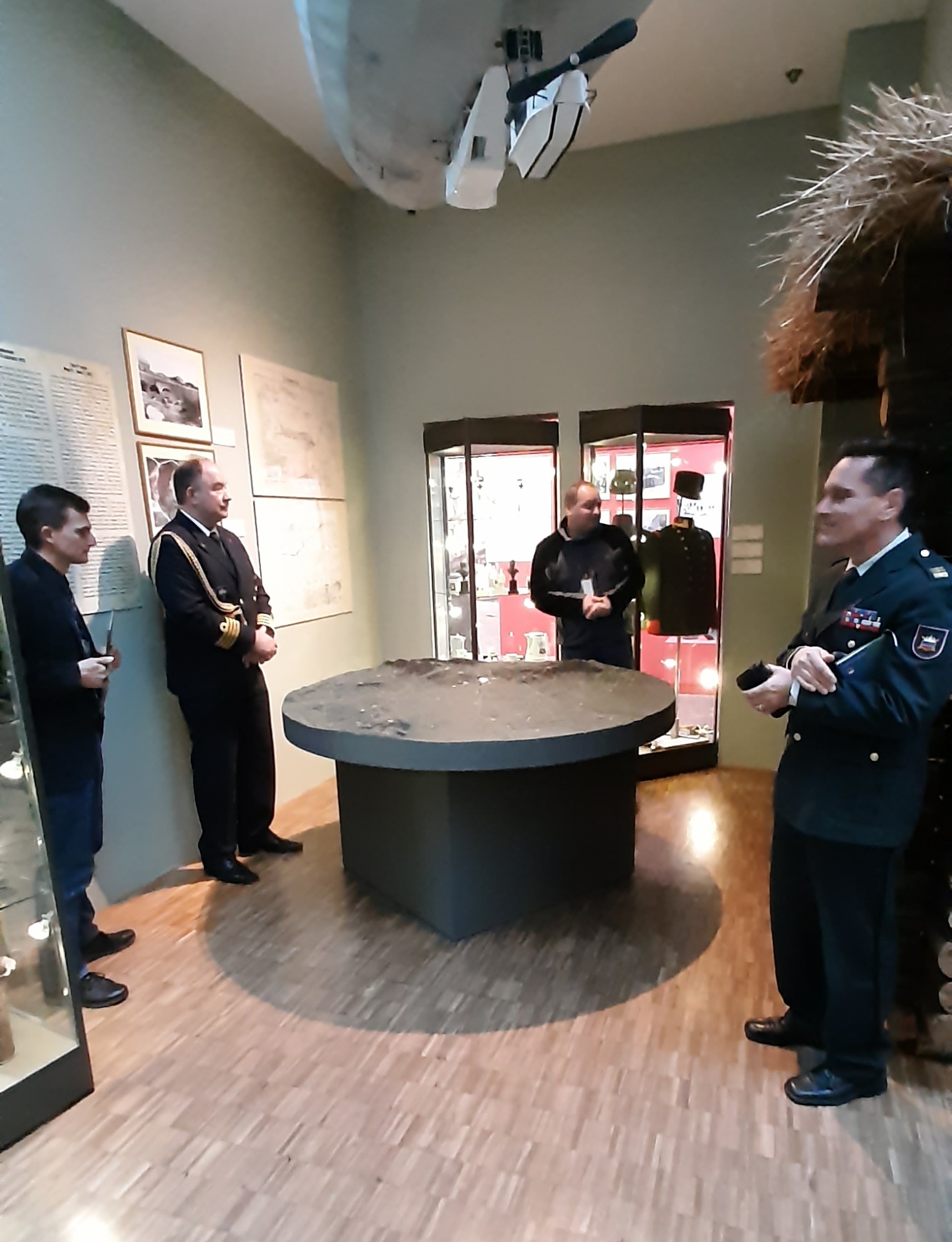 Spomin Na Dragega Ohranjanje Spomina Na Ljubljene
May 07, 2025
Spomin Na Dragega Ohranjanje Spomina Na Ljubljene
May 07, 2025 -
 John Wick 5 Making The Keanu Reeves Team Up A Reality
May 07, 2025
John Wick 5 Making The Keanu Reeves Team Up A Reality
May 07, 2025 -
 The Making Of The Last Of Us Season 2 Episode 4 Behind The Scenes Look At A Weeks Shoot
May 07, 2025
The Making Of The Last Of Us Season 2 Episode 4 Behind The Scenes Look At A Weeks Shoot
May 07, 2025 -
 Indian Bourse Bse Sees Share Price Surge On Positive Earnings
May 07, 2025
Indian Bourse Bse Sees Share Price Surge On Positive Earnings
May 07, 2025
Latest Posts
-
 Is Bitcoin At A Critical Juncture Analyzing Key Price Points
May 08, 2025
Is Bitcoin At A Critical Juncture Analyzing Key Price Points
May 08, 2025 -
 Bitcoin Price Analysis A Critical Juncture And Crucial Levels
May 08, 2025
Bitcoin Price Analysis A Critical Juncture And Crucial Levels
May 08, 2025 -
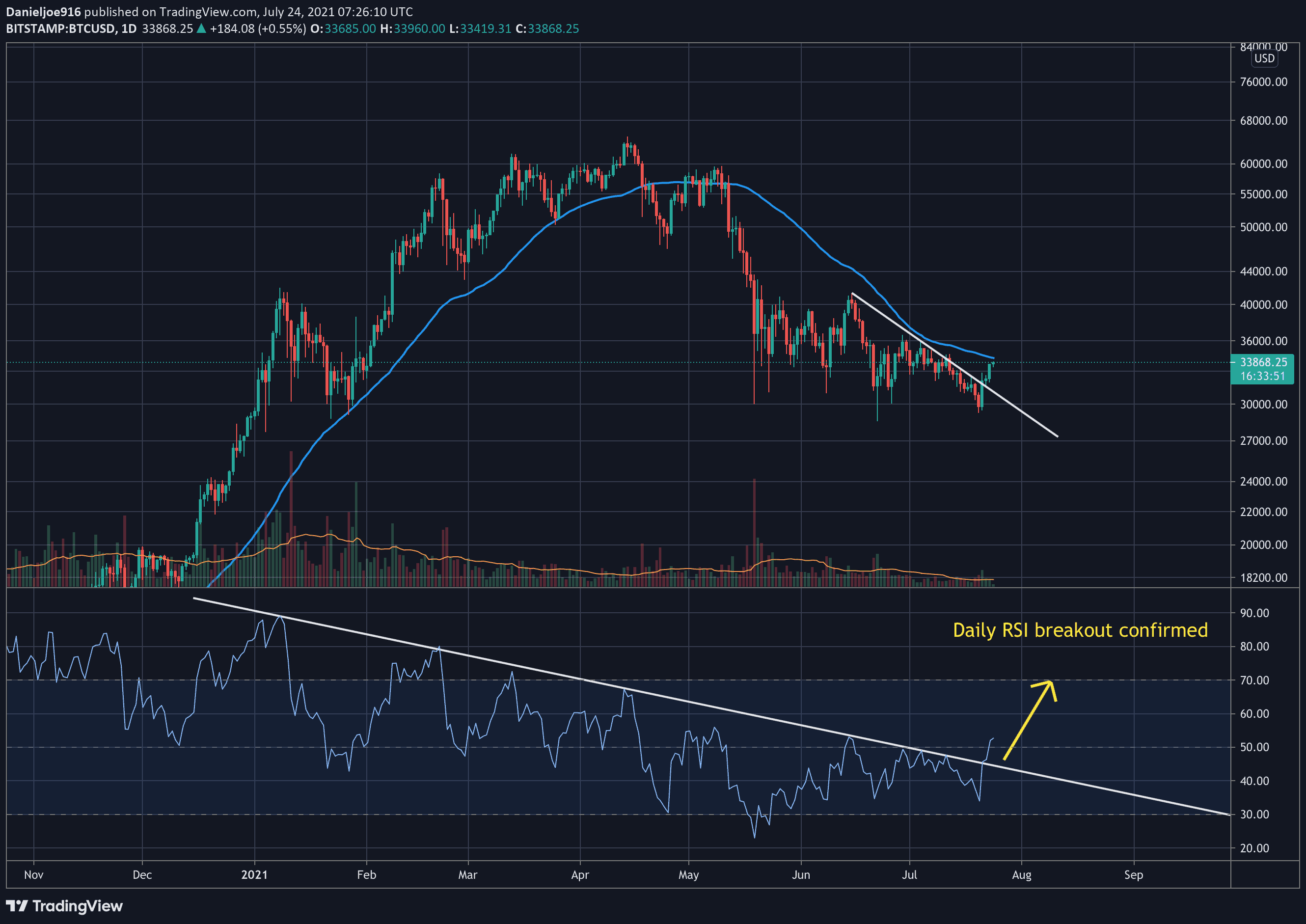 Is A Bitcoin Price Rally Imminent Analysts Chart Suggests So May 6
May 08, 2025
Is A Bitcoin Price Rally Imminent Analysts Chart Suggests So May 6
May 08, 2025 -
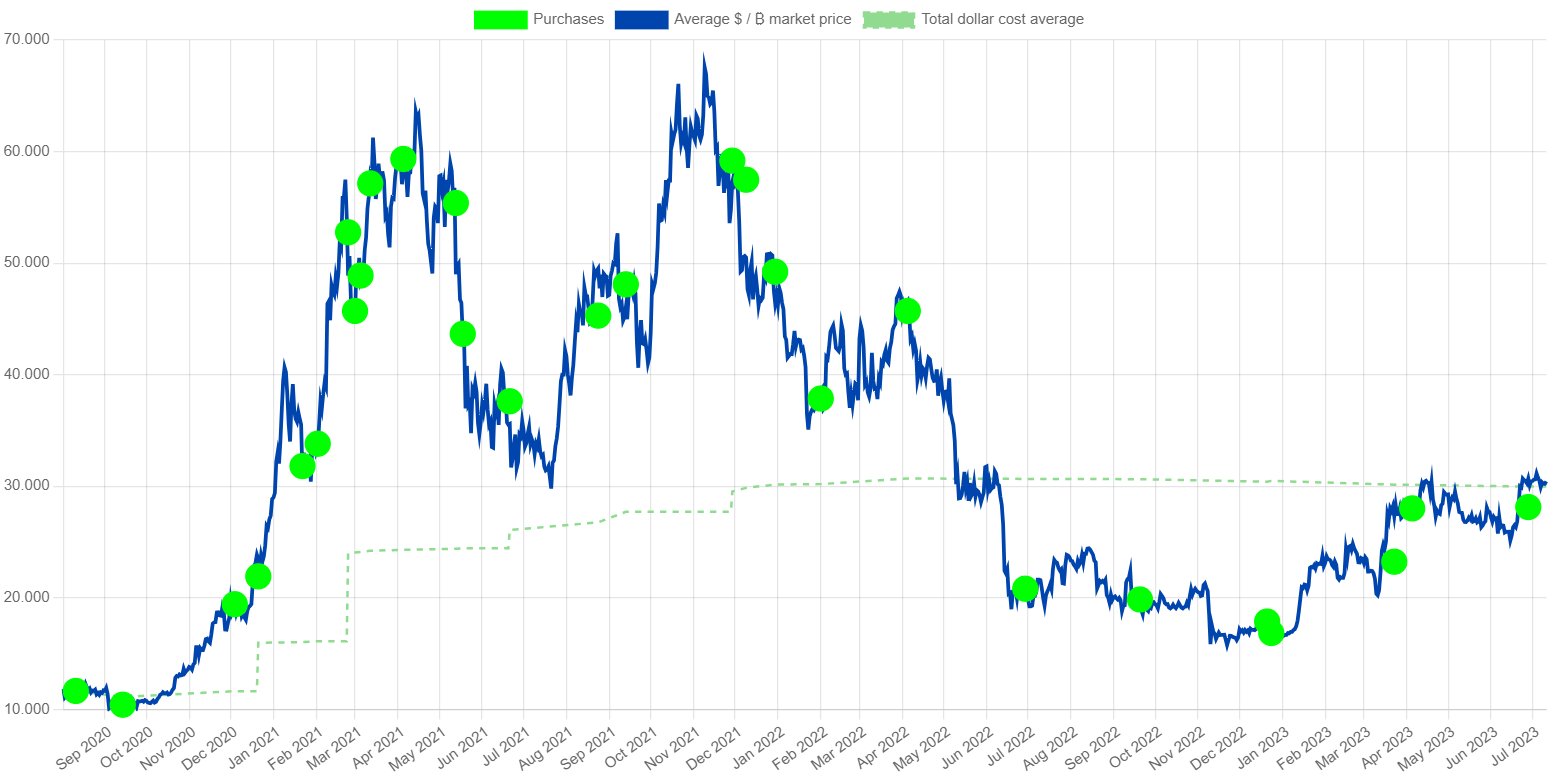 Investing In 2025 Micro Strategy Stock Compared To Bitcoin
May 08, 2025
Investing In 2025 Micro Strategy Stock Compared To Bitcoin
May 08, 2025 -
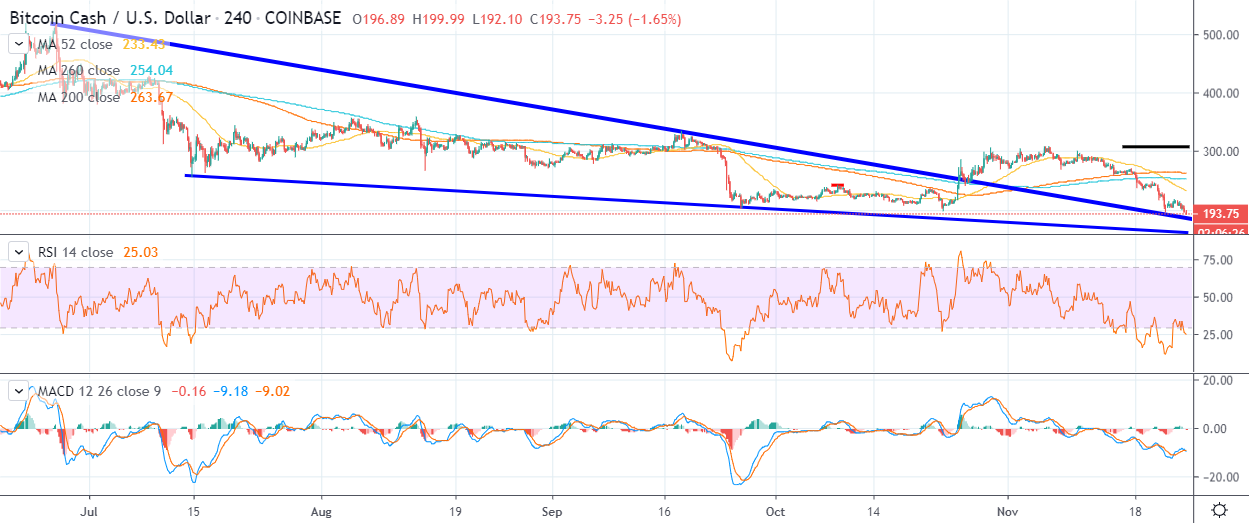 Bitcoins Critical Juncture Price Levels And Analysis
May 08, 2025
Bitcoins Critical Juncture Price Levels And Analysis
May 08, 2025
